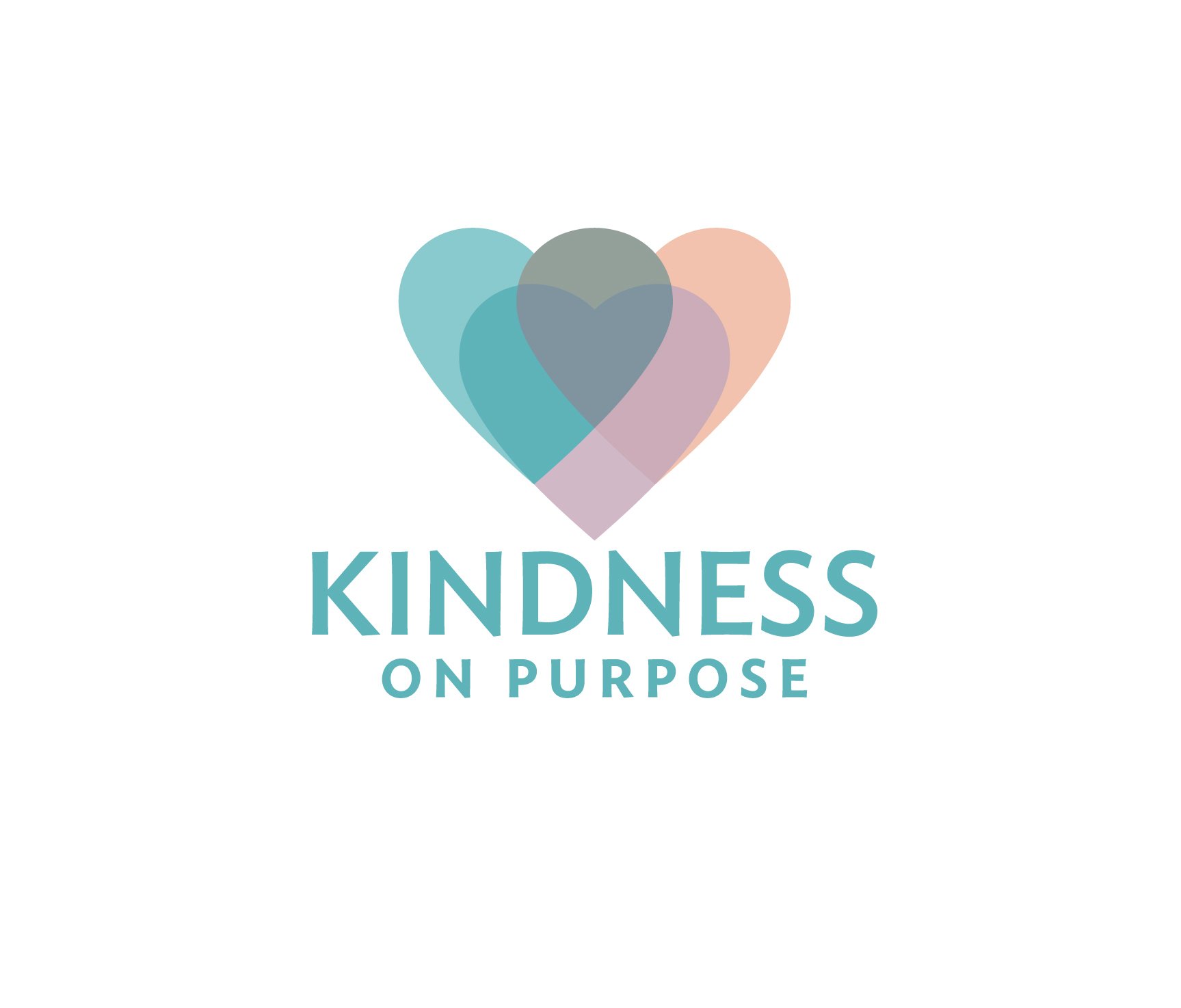How do we help our fire fighting heroes to help themselves? And how do we help them get the right mental health help?
As the Australian Government mental health response to bushfire trauma begins, concerns exist as to whether the people affected will receive the right psychological help.
When the Australian Federal Government announced their response to bushfire trauma, it sounded really positive. A great step forward. What is missing though is an understanding that getting the right help, from the best professionals, with adequate training and experience is not something that can be fast tracked in 6 months.
And even if we can offer the best model of care, getting Australians to access the help is another challenge that may not be overcome. Because hero’s rarely feel comfortable getting help for themselves.
As a therapist who has been specialising in trauma for the past 25 years; and who works with first responders (paramedics, fire officers and police) who have PTSD; I would like to invite Australia to consider that there needs to be some consideration given to the following factors. We need to get this right and really, is there any room for error?
If we don’t give the thousands of Australians who are traumatised; the most effective help then we are risking re-traumatising them and making their mental health worse rather than better. The resultant cost of more psychological harm will be far reaching, and the effects may continue for generations to come.
Image credit: Source ABC News: Ballanean rural firefighter Aron Cox had to fight to save his own home as well as battle bushfires Facebook: Bindi Cox
One of the greatest challenges we now face is getting people who need it the most to actually reach out and get the help. The Australian mentality of “getting on with it” will get in the way of people actually getting help.
As a general rule, Australians are more likely to reach for a glass of wine or beer than to walk into a therapy office. Australian men especially are reluctant to reach out and talk. I have seen this time and time again as the first responders who do make it into my office tell me of their many colleagues who have PTSD symptoms, are still on the job and are just trying to live with it rather than get help. Many of those men and women are using alcohol and drugs to cope and sadly too many are resorting to suicide.
And then even if people do reach out for help, the process of finding a therapist that is the right fit takes a series of well thought out steps and is more than just picking up the phone and going with the first person who answers.
Research tells us that the number one predictor of success with therapy is the therapeutic relationship between the client and the therapist. What are the people who live in small rural areas with limited access to psychologists and clinical social workers going to do? If they are fortunate to actually have a therapist or two they can choose from, what do they do if neither are people they feel comfortable to talk to?
Whist the Australian government mental health response to bushfires looks good, in reality the barriers to this care really working are real. We need to be more creative about ways to reach men. We need to educate people about their rights as a client and the types of questions they need to ask a potential therapist before they share their fears and trauma symptoms, only to find the therapists approach is not what they need. Often when this happens people just don’t go back to therapy.
In an attempt to help, Instagram accounts like The Kindness On Purpose Movement (Insta : KindnessOnPurpose) are using their Instagram to inform the fire affected public about what they need to do to make sure the help they are getting is right for them. Posts after posts are about symptoms to look out for after trauma and posts to inform people about the types of questions you need to ask a potential therapist.
I want to start a conversation. To ask these questions, to help every day Australians and the world understand. Because if we don’t, then our hero’s; who fought the fires will remain silent and will not get the help they need. How do I know this? Because for the past 25 years Ive been working with people who have been affected by trauma. And every single time first responders only come to therapy when they are completely at the the end of what they can take. It has to get that bad. Every, single time.
We owe it to the men and women who stood in front of the inferno and did all they could to protect homes and lives; and to the families of those emergency personnel who lost their lives fighting these fires. We owe it to all of those heroes to do all we can to make sure they are looked after in the same way they looked after Australia. And to do this, we need to help them find ways to feel ready to get help. If we don't, then they will do nothing, suffering in silence and touting "she'll be right mate" as a mantra to almost convince themselves.
For daily information on trauma, mental health and recovery
For anyone who did not loose their home, and may have survivor guilt.
Beyond Blue: Bushfires and mental health

